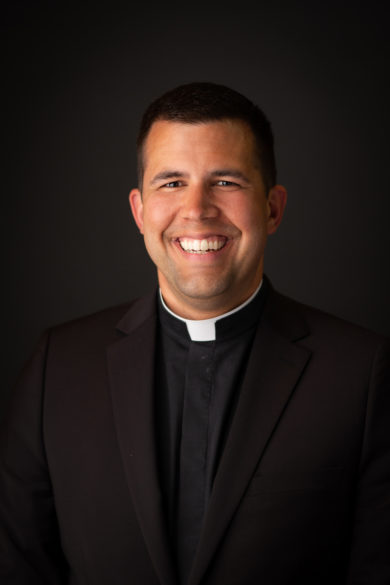This week we continue our dive into the structure of priestly formation. Thus far I have described the human and spiritual dimensions of the training that our seminarians receive prior to ordination, and today we will look at the intellectual dimension. My old rector, Father Jim Wehner, likes to say that being authentically Catholic is not being counter-cultural because our Catholicism should enter into and elevate our secular culture. Our faith should never be in the background, but it should always be a witness to God’s role in creation and authentic beauty. Unfortunately, our society believes that faith should be completely subordinated to the popular culture. Popular culture exists in the public space, and your faith, whatever it may be, will be tolerated only as long as it stays behind closed doors.

Our seminarians first receive a challenging formation in the philosophical tradition of the Catholic Church because they must be able to see and understand the roots of our current mindset. So many of the ways our society acts are rooted in philosophical thoughts and theories that have been calcifying for centuries. From Rene Decartes in the 17th century, we hear “I think therefore I am,” and from that point forward a radical individualism has become more and more prevalent in the life of Western Europeans and those countries influenced by the West.
But the philosophic tradition of the Catholic Church would argue “God speaks; therefore, we are.” Everything that we have comes from God and can and should lead us back to God. Therefore, seminarians learn the philosophical treaties of saints like Thomas Aquinas, who are certainly not anti-intellectual, but they understand that faith and reason never need to be disconnected. Only after laying that solid groundwork do our seminarians start to dive into theology classes. They learn the intricacies of trinitarian theology and our dogmas that have been solemnly proclaimed by the teaching authority of the church, and because they have a philosophical groundwork, they are able to share these concepts in relationship to our day and time.
The intellectual formation our seminarians receive is robust, but it is all for a pastoral purpose. During their 6-8 years of study, the seminarians are encouraged to see their desk and their reading space and the library as places of ministry. They are serving their future parishioners by taking the time to take in the intellectual tradition of the church so they can share it with a society that doesn’t really know why it thinks the way it does, and they are trained to infuse our culture with the fullness of the Gospel message.
